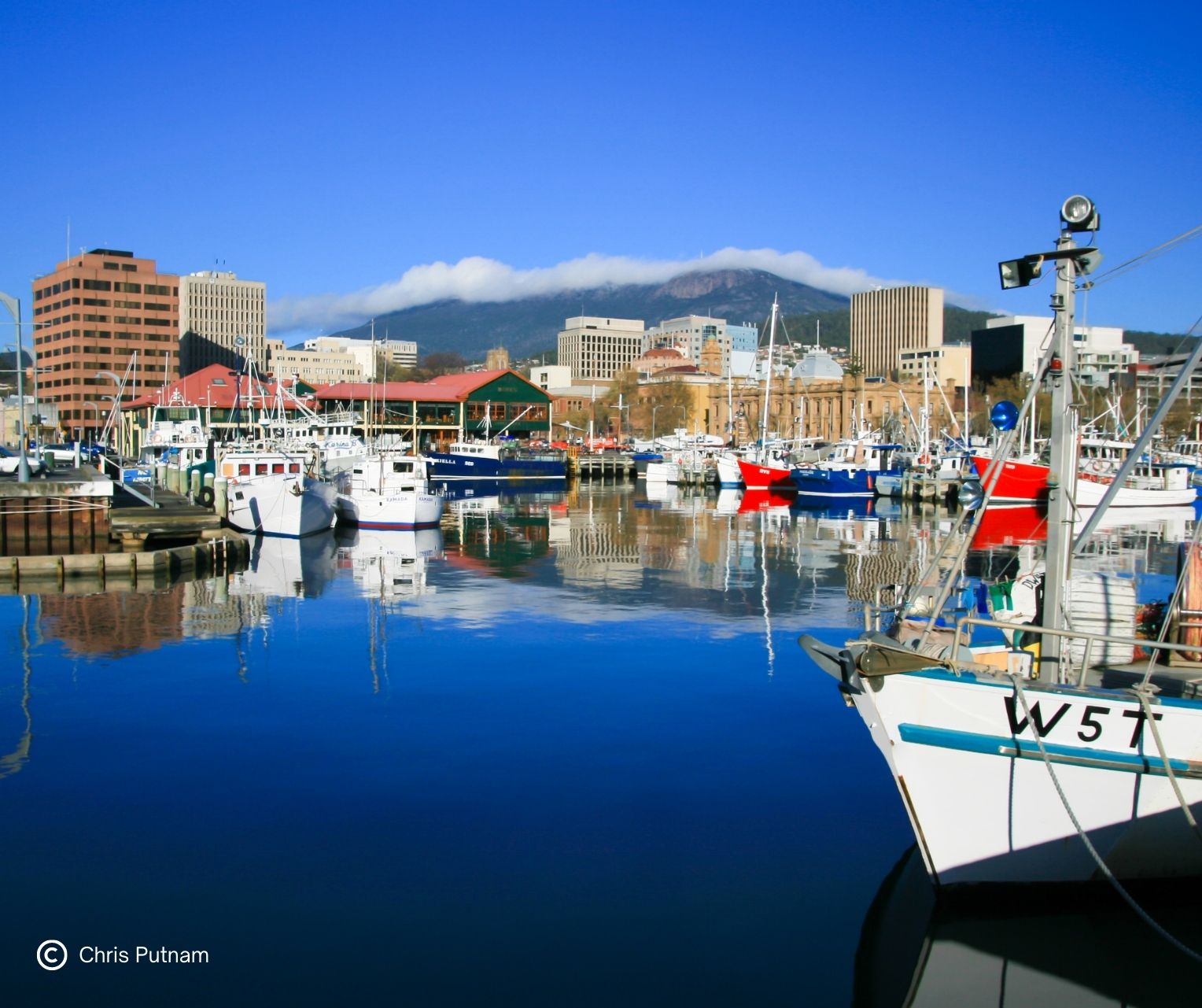 Hobart, Tasmania. The Commission for the Conservation of Antarctic Marine Living Resources (CCAMLR) has its headquarters in the Tasmanian capital city.
Hobart, Tasmania. The Commission for the Conservation of Antarctic Marine Living Resources (CCAMLR) has its headquarters in the Tasmanian capital city.
Current and past members of ACAP represented the Agreement across several meetings at the recent Forty-first Commission for the Conservation of Antarctic Marine Living Resources (CCAMLR) and its Scientific Committee, held in Hobart, Tasmania last month.
ACAP welcomes the decision taken by last year’s CCAMLR Commission, following recommendations from the Scientific Committee, to re-establish the Working Group on Incidental Mortality Associated with Fishing (WG-IMAF). ACAP has been extended an ongoing invitation for an ACAP expert to participate in the WG-IMAF. ACAP’s Seabird Bycatch Working Group Convenor Dr Igor Debski attended the 2022 meeting in this capacity.
The WG-IMAF was originally created in response to concerns over the decline in albatross populations, and the potential for this to be exacerbated by interactions with CCAMLR fisheries. The group met predominantly on an ad hoc basis from 1994 up until 2011; however, following a decision at SC-CAMLR-40, WG-IMAF reconvened in 2022 to review mitigation of incidental mortality in the krill trawl fishery. The current Co-conveners of WG-IMAF are Mr Nathan Walker (New Zealand) and Dr Marco Favero (Argentina), both former ACAP Advisory Committee Chairs, with Dr Favero also being the ACAP Executive Secretary from 2016 to 2018.
ACAP’s Executive Secretary, Dr Christine Bogle, and Science Officer, Dr Wieslawa Misiak, attended the CCAMLR Scientific Committee, where they were joined by Dr Igor Debski. The Executive Secretary and the Science Officer also represented ACAP at the Commission meeting.
A list of the meetings and reports (including the CCAMLR-41 preliminary report) is available here.
21 December 2022

 Français
Français  English
English  Español
Español